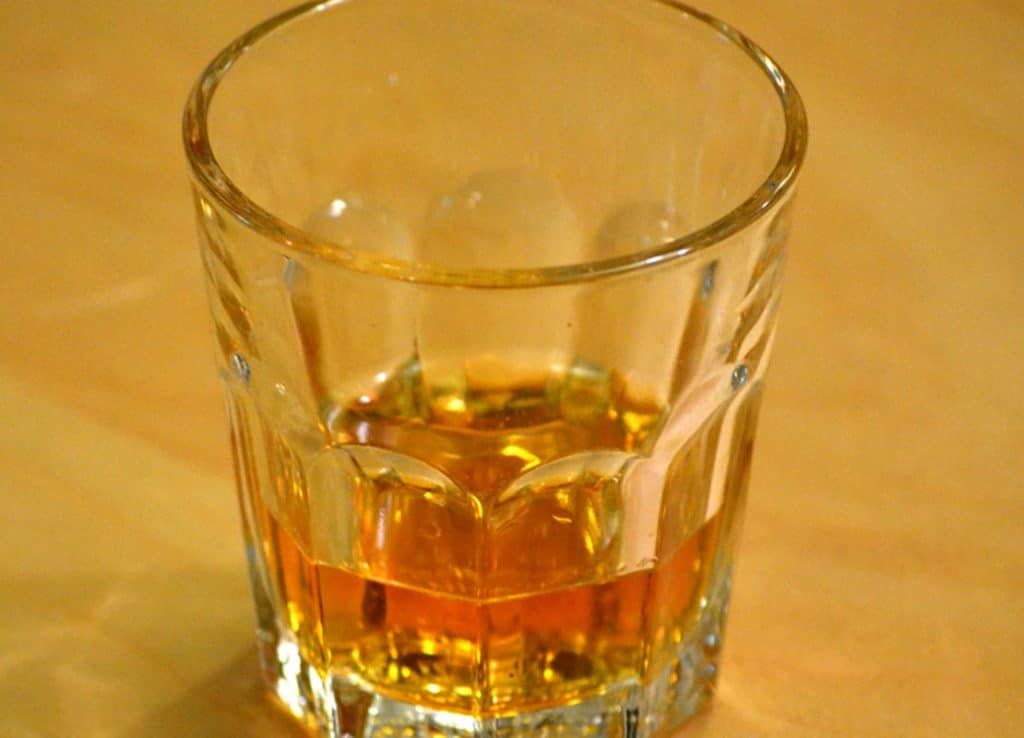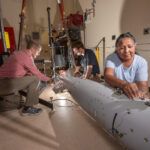Nuclear science reveals sobering truth about faked Scotch whisky
By John Mecklin | January 28, 2020
 A subject that many scientists no doubt believe is worthy of additional research.
A subject that many scientists no doubt believe is worthy of additional research.
Scientists with only the pursuit of truth in mind have proven—through meticulous radio-carbon dating and no tasting at all—that half the bottles of expensive aged Scotch whisky they tested weren’t as old and valuable as purported. Researchers from the Radiocarbon Lab at the Scottish Universities Environmental Research Centre in Glasgow, Scotland used the amounts of radioactive carbon-14 in various Scotches that they absolutely did not sample to determine whether the whiskies were made before or after large-scale above-ground testing of nuclear devices began in the 1950s and 1960s.
As Mindy Weisberger, a senior writer for Live Science, reports, vintage Scotch whisky can cost thousands of dollars a bottle. Even though their research showed that half the bottles they tested were legitimate, rare, delicious Scotch whisky, the scientists did not take a single sip from any of them during their formal research. You can read about their selfless quest for truth in “Using carbon isotopes to fight the rise in fraudulent whisky” in the journal Radiocarbon.
Together, we make the world safer.
The Bulletin elevates expert voices above the noise. But as an independent nonprofit organization, our operations depend on the support of readers like you. Help us continue to deliver quality journalism that holds leaders accountable. Your support of our work at any level is important. In return, we promise our coverage will be understandable, influential, vigilant, solution-oriented, and fair-minded. Together we can make a difference.
Keywords: Scotch whisky, carbon dating, fraud
Topics: Analysis, Nuclear Risk















